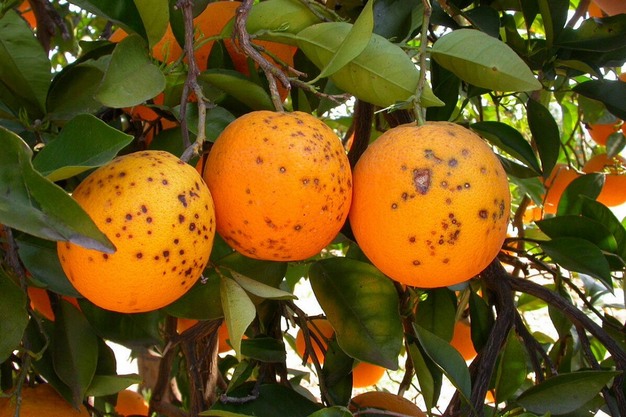A study carried out by La Unió Llauradora i Ramadera reveals that the agricultural trade balance between the Mercosur countries and Spain is clearly already negative for our interests for the products most affected by the agreement, with a deficit in terms of volume of more than 240,000 tons.
For citrus fruits, both fresh and processed into juice, there's a gap of 58,297 tons, as 73,887 tons are imported, while only 15,590 tons (exclusively of fresh fruit) are exported.

These are the first figures that can be drawn from the recent political agreement reached by the European Commission with Mercosur, and which must now first be approved by the Council and then ratified by the European Parliament.
According to information gathered by La Unió about the political agreement, the EU is committed to liberalizing 77% of tariff lines in the agricultural sector, corresponding to more than 80% of the trade volume. This will bring preferential access to a number of Mercosur products, such as meat and fruit. The list of agricultural products that will benefit from preferential access or total exemption includes citrus fruits, avocados, melons, watermelons or table grapes, many of which will have their tariffs completely eliminated over periods ranging from 4 to 10 years.
La Unió says that while the EU is imposing stricter requirements on EU producers in terms of sustainability, use of phytosanitary products and animal welfare, it is also going to allow the entry of products from Mercosur that won't meet these standards. In addition to the lack of reciprocity in phytosanitary and environmental standards for imports from Mercosur countries, there is an alarming record of intercepted pests or diseases, especially from Brazil, Argentina and Uruguay. In 2024 alone, up to October, there were 99 pest interceptions in citrus fruits imported from these countries into the EU.
La Unió believes that mirror clauses should be established in agreements with third countries, and that this should start with the agreement with Mercosur, and that European citrus should also be considered a sensitive product.
In the specific case of citrus, La Unió believes that the European juice industry will be severely hit by the agreement with Mercosur. In fact, the market is already 90% dominated by Brazil, and the situation will probably also end up affecting fresh fruit prices. At present, a 12.80% tariff is imposed on fresh citrus fruits coming into the EU from Argentina and Brazil, and that will be brought to zero with the agreement. A 12.20% tariff is paid for juice which is also going to be eliminated. At present, the European juice industry is already affected by the growing inflow of Brazilian orange juice. Between 2019 and 2023, orange juice imports from third countries to the EU have increased to concerning levels. In 2023, the EU imported 747,363 tons of citrus in juice from Mercosur, a figure that also threatens the sustainability of our agro-industrial sector, in which Spain, with its 21,293 tons, plays a key role.
 For more information:
For more information:
La Unió
Tel.: +34 963 530 036
[email protected]
https://launio.org
